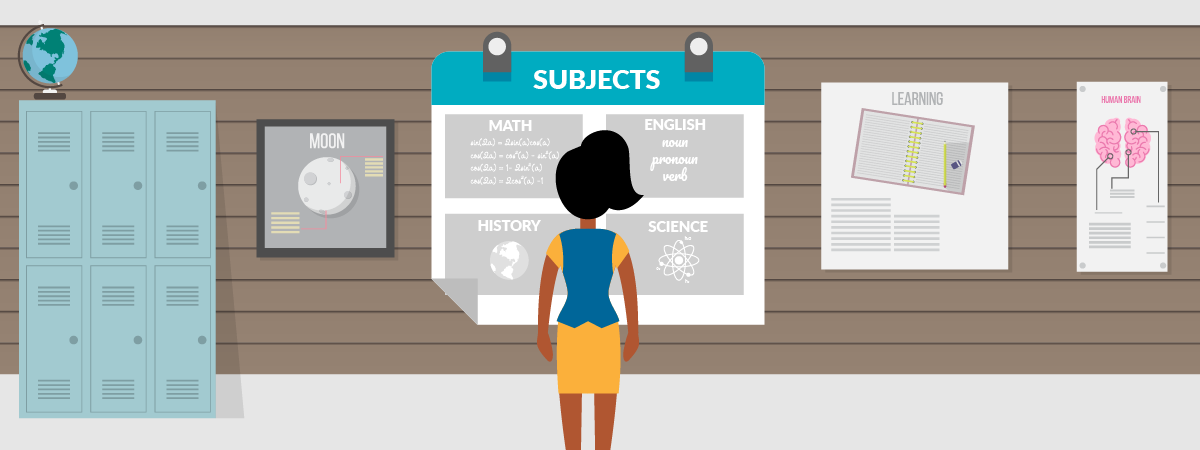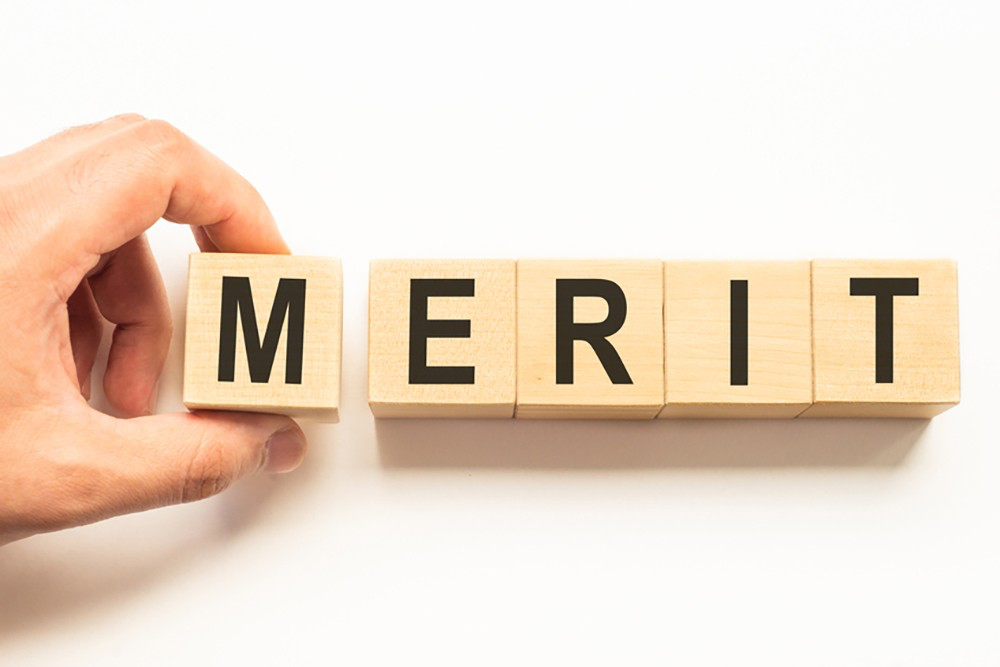2019 Dartmouth Acceptance Rate: Class of 2023
So, you’re thinking about applying to Dartmouth, and you’re curious about your chances of admission. There are a lot of factors in the admissions process. However, the most important factors in the admissions game are your GPA and test scores.
Test Type
With an acceptance rate of 7.9%, admission to Dartmouth is very competitive. Based on our analysis, to have a good chance of being admitted, you need to have a GPA of 4.1 or above and have an SAT score of close to 1580, or an ACT score of 34 or above.
Not quite there? You still have a chance of getting in, but it’s in the single digits. Let’s take a closer look at Dartmouth admission statistics.

2019 Dartmouth Admissions Statistics: Class of 2023
- Dartmouth’s acceptance rate in 2019 was 7.9%
- For the class of 2023, out of 23,650 applicants, Dartmouth admitted 1,868
- The average GPA of admitted applicants was 4.1
- The average ACT score was 32
- The average SAT score was 1510
For students who took the ACT, the 25th percentile score of successful applicants was 30, and the 75th percentile ACT score was 34.
For students who took the SAT, the 25th percentile score was 1430. The 75th percentile score was 1580.
If you’re somewhere in the middle of these numbers, remember that a high test score can compensate for a slightly lower GPA, and vice versa. If you’re at the lower end, it helps if you’re a diverse applicant, the child of an alum, or have incredible personal achievements.
[leadmagnet_five]
Other aspects of your application, such as athletics, extracurricular and recommendations, are important, but will likely only make a difference for admission if you’re in the 75th percentile range for your GPA and SAT/ACT scores.
Even with a perfect SAT score of 1600 and a GPA of 4.0, your chances of admission are about 16%. With a perfect ACT score of 36 and a 4.0, your chances are about 25%. So, even if Dartmouth is your dream school, you’ll want to make sure you apply to a wide variety of schools to ensure you’ll gain admission somewhere.
OK, so you’ve decided to apply. We took a look at Dartmouth’s admissions requirements to help you get everything in order.

2019 Dartmouth Application Requirements: Class of 2023
Here’s a full list of the application requirements:
- Fill out the Common Application, answer Dartmouth’s supplementary questions, and pay an application fee of $80 (or apply for a fee waiver)
- Submit an ACT or SAT score, along with your writing score
- Submit your high school transcript and a school report
- Submit two letters of recommendation from your teachers and one from your guidance counselor
- Submit the results of two SAT Subject tests (recommended but not required)
- You may submit an optional Arts Supplement
Here are the deadlines that you should be aware of:
- The application deadline is November 1 for Early Decision
- The application deadline is January 1 for Regular Decision
- November 15 is the Early Decision financial aid application deadline
- February 1 is the Regular Decision financial aid application deadline
- Early Decision notifications are released mid-December
- Regular Decision applicants find out their fates in early April
- May 1 is the reply date for admitted students
Have you been admitted to Dartmouth? Congratulations! Below is a glimpse of what your classmates will be like.

2019 Dartmouth Class of 2023 Admitted Students Profile
If you matriculate at Dartmouth, you’ll be joining a diverse class, with students from all over the U.S. and the world, and have a chance to study in dozens of fields.
Here are some interesting facts about the recently admitted Dartmouth class:
- 93% were in the top 10% of their high school class
- 57% attended public schools, 30% attended private schools, and 13% attended religious schools. A total of 821 schools are represented
- 52% of students are female and 48% are male
- 15% are first-generation college students
- 45% receive some form of financial aid
Dartmouth has a diverse class, as well, with a large number of people of color. The ethnicities of admitted applicants are:
- African American: 9%
- Asian American: 17%
- Hispanic/Latino: 8%
- Native American: 4%
- Multiracial: 3%
- White: 50%
- Foreign Citizen: 9%
[leadmagnet_two]
What do these admitted students plan to study? Dartmouth College offers over 79 concentrations, and students matriculating there pursue a wide number of subjects. Here is a list of the top programs:
- Women’s Studies
- Music History and Literature
- Anthropology and Archaeology
- Drama and Theatre Production
- Cognitive Science
- European and Russian Studies
- Geography
- Film and Video Studies
- Romance Languages and Literature
- Mathematics & Statistics
Now, how are you going to pay for this?

Dartmouth Tuition Figures
At $67,044, Dartmouth’s tuition is astronomical. With its generous financial aid, the average student will pay much less, and the university reports that 100% of student need is met.
Here’s a fuller look at Dartmouth tuition and financial aid in 2017:
- Total budget: $67,044
- Average financial aid package: $47,794
- The average student debt of a Dartmouth graduate is $22,812
- For students from families making less than $100,000 per year, tuition is free
For the latest numbers and to learn more about financial aid options, click HERE.
Now, what is life like at Dartmouth? Let’s take a look.

Dartmouth Location
Dartmouth is in the rural town of Hanover, New Hampshire, along the banks of the Connecticut River.
Its campus is centered around a 5-acre green and features Georgian American colonial buildings built from the 1820s to 2006.
All Dartmouth freshmen live on first-year floors in Russel Sage, McLaughlin, and East Wheelock, or in first-year residence hall clusters in the River and Choates.
Remember, you’re going to Dartmouth for its excellent academics! Below is a look at what academic life will be like.

Dartmouth Academics
Dartmouth has dozens of majors. Students are required to take 35 courses to graduate, including classes in their major, as well as liberal arts and language requirements.
Some of Dartmouth’s more interesting majors are:
- Public Health
- Quantitative Biomedical Sciences
- Liberal Studies
- Genetics
Dartmouth’s academic year begins on September 12 and ends on June 5.
Now, let’s take a look at life outside the classroom at Dartmouth.

Student Life at Dartmouth
Dartmouth has more than 160 student organizations, covering academic interests, creative and performing arts, cultural and racial initiatives, gender and sexuality affinity groups, government and political interests, and various media and publications.
Here’s a sampling of Dartmouth student groups:
- Chemistry Society
- Computer Gaming Association
- Dartmouth Swing Dance Club
- German Club
- Men of Color Alliance
- Society of Investment & Economics
- Argentine Tango Society
- Dartmouth EMS
- Dartmouth Law Journal
- Dartmouth Students for Israel
Are you an athlete? Dartmouth’s got plenty of options for you.

Dartmouth Athletics
Dartmouth is in the NCAA Division I Ivy League and competes in 34 intercollegiate sports. Dartmouth also has plenty of club and intramural offerings, for both men and women.
Dartmouth’s intercollegiate teams include:
- Baseball
- Basketball
- Rowing
- Cycling
- Equestrian
- Football
- Men’s golf
- Ice hockey
- Lacrosse
- Soccer
- Softball
- Squash
- Swimming
- Track and Field
- Volleyball
Who might you become with a Dartmouth degree? Let’s take a look at some well-known and successful alums:

Notable Dartmouth Alums
Dartmouth has produced politicians, business tycoons, entertainers, musicians, media figures, and leaders in dozens of other fields.
Here’s a list of some particularly well-known alums:
- Robert Frost, iconic poet, U.S. poet laureate, and winner of four Pulitzer Prizes/li>
- Paul Gigot, editor of the Wall Street Journal editorial page
- Theodor Seuss Geisel, better known as Dr. Seuss, the legendary children’s book author
- CNN anchor Jake Tapper
- Conservative political pundit and Fox News contributor Laura Ingraham
- Paul Tsongas, former U.S. Senator from Massachusetts and presidential candidate
- Kirstin Gillibrand, U.S. Senator from New York
- Tim Geithner, U.S. Secretary of the Treasury in the Obama administration
- Academy Award-winning actress Meryl Streep
- Shonda Rhimes, Hollywood producer of shows such as Scandal, Grey’s Anatomy, and How to Get Away with Murder
And this is only a partial list!
Remember!
Getting into Dartmouth is extremely competitive. Don’t despair if you get a no.
If you have a strong GPA and high test scores, you have a great chance of getting into at least one of the Ivy League schools. And if you don’t, remember: where you go is NOT who you are.
For more test strategy, college admissions, and scholarship application tips sign up for our FREE class happening right now!
Written by Dr. Shaan Patel MD MBA
Prep Expert Founder & CEO
Shark Tank Winner, Perfect SAT Scorer, Dermatologist, & #1 Bestselling AuthorMore from Dr. Shaan Patel MD MBA

How to Get Into Stanford: Breaking Down Stanford Admission Requirements in 2024
Applying to college is overwhelming no matter what schools are on your list, but you might find yourself sweating a…

Why DEI is Destroying Meritocracy and How MEI Can Save Us
In recent years, Diversity, Equity, and Inclusion (DEI) initiatives have become a cornerstone of many corporate and educational policies. While…

Should I Take an SAT Prep Course?
If you’re getting ready to take the SAT soon, you might be wondering whether or not you should enroll in…